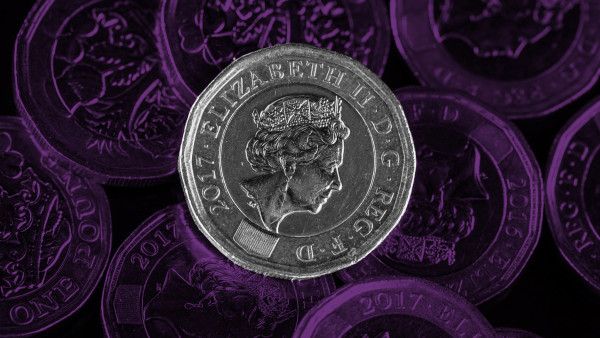

After winning the latest round in a long-running case this week, the tax authority is likely to be eyeing some tax relief money but there is concern in the market about who exactly will foot the bill.
The Upper Tribunal ruled that pension tax relief is not claimable on in-specie contributions, upturning a previous ruling where the judge had sided with provider Sippchoice stating that the meaning of "contribution paid" was "wide enough to cover a transfer of assets in satisfaction of a debt as occurred in this case".
In-specie contributions are where assets such as property or shares are transferred into a Sipp without first being converted into cash.
But experts across the industry have warned if HMRC comes after Sipp providers to reclaim this tax relief, providers may have no choice but to recover these funds from clients, which could lead to complaints down the line.
Michael Baber, chartered financial planner and technical director at Hartley Pensions, said: “If HMRC proceeds to look for tax relief reimbursement, providers will either need to look to their professional indemnity cover or take back the tax relief from clients.
“If they decide to take the funds back from clients then I am sure clients will be complaining on the basis they were following the Sipp provider’s processes.”
Mark Smith, former chief operating officer at provider Mattioli Woods and founder of consolidator Truinvest, said the Sipp industry’s largest problem was the level of uncertainty caused by this ruling.
Mr Smith said: “With the Covid-19 crisis I suspect HMRC will be looking to pursue all the tax they can get.
“The biggest problem now is uncertainty and whether other providers will bring their own cases against HMRC.”
'Significant' implications for providers
Martin Tilley, pensions director at Hurley Pensions, said where in-specie contributions have been made the implications of this case could be significant.
Mr Tilley said: “In the grand scheme of the overall whole pensions market, the amounts concerned are fairly small but for the ones on whom the claims will fall, there will be significant concern.
“For Sipp providers it is unclear if their PI cover will pick up the claims against them. This may well come down to individual policy wording, but where it doesn’t and the claims cannot be met from individual member schemes or funds, this will be another financial burden for them."
It is unknown how much HMRC may be able to recoup, if anything as the case may yet go to the Court of Appeal, but some expect it to be in the millions as HMRC can request information dating back six years.
Mr Baber said: “HMRC will not know the scale of the potential backdated claims as they only changed their tax relief request forms in April 2016 to capture the amount of in-specie contributions being made.
“If they haven’t already then they could request details of all in specie contributions made and tax relief provided.”
Howeber, Richard Mattison, director at Whitehall Group, believes HMRC already knows who it needs to pursue with “more pain” to come for the Sipp industry.
Mr Mattison said: “I imagine HMRC already know who they are going for and as with most situations like this it will involve a long slow painful process.
“Not all providers will be involved but those that are will need to spend huge time and resource unwinding the tax relief claimed on contributions.
“The claims management firms may be circling but this will be a hard one to pin on the providers as the relief claimed applies to the underlying investor and it is they who will ultimately suffer.
“This is another case of the Sipp industry getting kicked for the behaviour of a few who decided to manipulate the rules.”
amy.austin@ft.com
What do you think about the issues raised by this story? Email us on fa.letters@ft.com to let us know.



